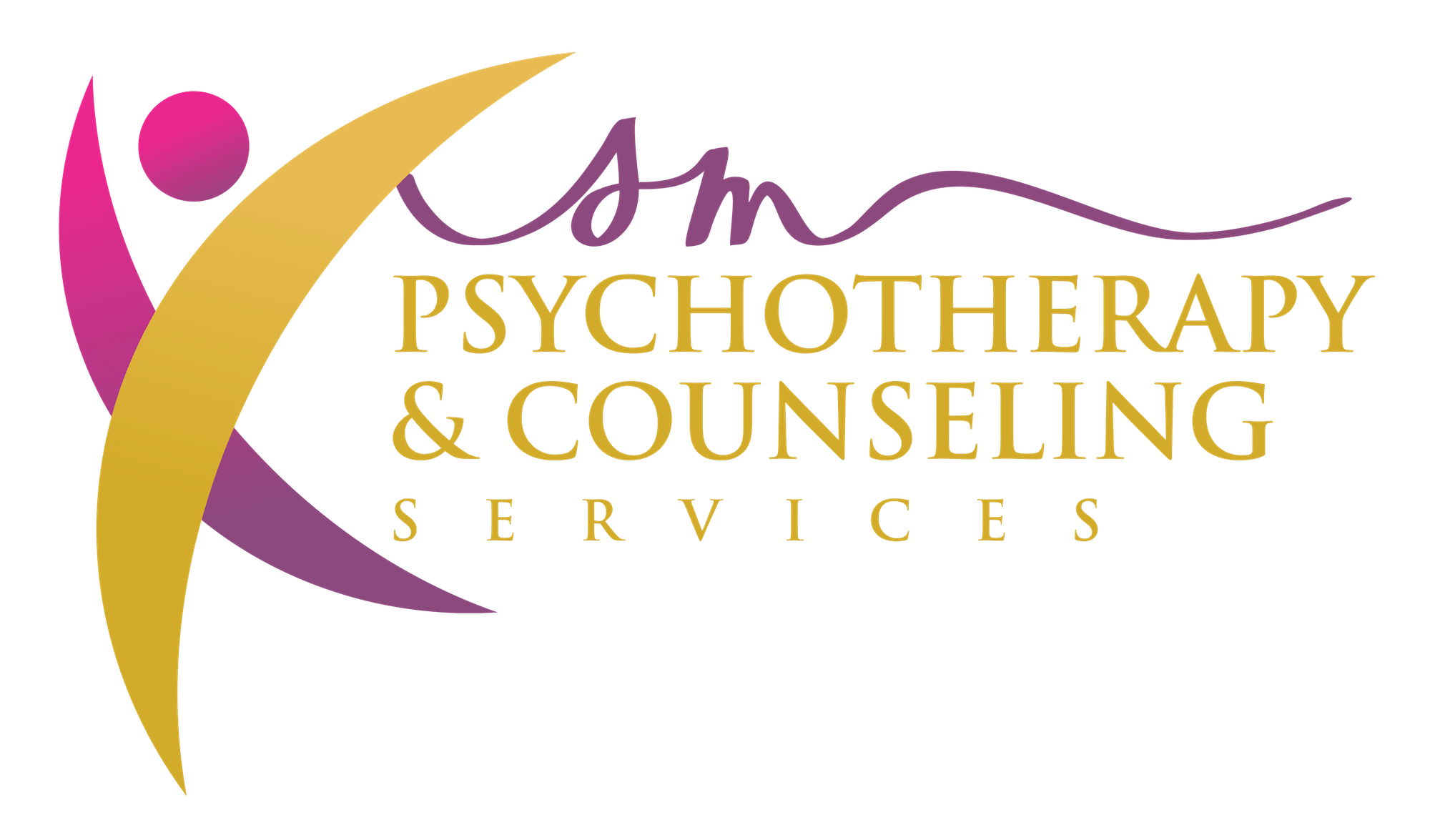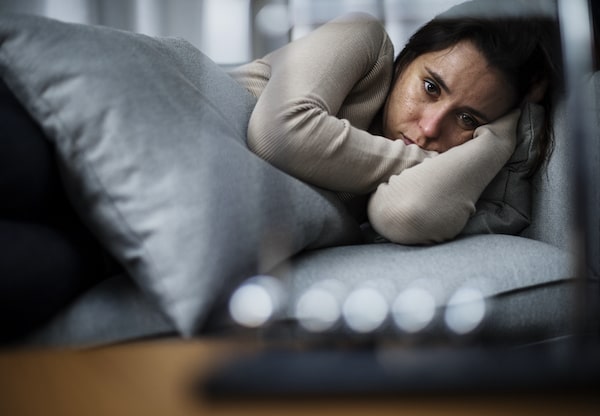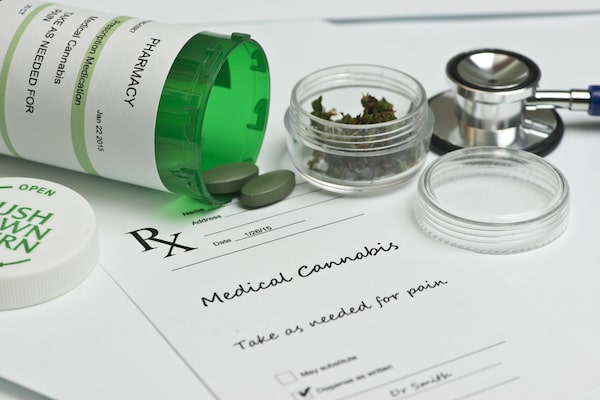Mental health is a growing concern in the United States. About half of all Americans will struggle with mental illnesses like anxiety, depression, and post-traumatic stress disorder (PTSD) during their lifetime. Mental health issues impact every area of a person’s life and can even cause physical health symptoms if left untreated.
Sometimes anxiety and other mental health conditions require medication, but those medications can have adverse effects that many want to avoid. Medical marijuana has emerged as a possible treatment option for mental health conditions. If you’re considering cannabis to treat anxiety, you likely have some questions.
You’ve heard about CBD and THC but aren’t sure how to determine which type of marijuana product is right for you. In this blog, we’ll cover the differences between THC and CBD and help you take the next step in finding appropriate treatment.
What Are The Symptoms of Anxiety?
Anxiety includes feelings of worry and stress, but the feelings persist for six months or more and interfere with daily life. Anxiety is often generalized but can also be limited to specific situations, such as social anxiety disorder. Anxiety feels different for everyone, but some common symptoms to look out for include:

- Restlessness
- Irritability
- Fatigue
- Trouble concentrating
- Muscle tension
- trouble controlling worry
- Problems falling asleep or staying asleep, or still feeling tired after sleeping.
If anxiety disrupts your life, seeking professional help from a mental health professional or your doctor is the first step.
What Is the Difference Between CBD and THC?
CBD (cannabidiol) and THC (tetrahydrocannabinol) are cannabinoids found in marijuana that work with the endocannabinoid system in your brain. CBD is an anti-inflammatory agent and often relaxes marijuana users. THC is a compound with psychoactive effects that delivers the “high” some cannabis users enjoy.
Some cannabis products contain CBD and THC, and others with only one compound. Many medical marijuana products include specific ratios of THC to CBD that work well to treat different conditions. Talk to your provider about the best options for you.
CBD Vs. THC for Anxiety
When it comes to treating anxiety, both THC and CBD are helpful, but for different reasons. The key is finding the right combination and dose for each individual, which is why working with a medical marijuana practitioner is so important.
The effects of THC vary from person to person. THC is reported to reduce anxiety in low doses and increase anxiety with high doses. Since tolerance can build up over time, and every individual responds differently, it’s vital to talk to your health care provider about what works for you.
The benefits of CBD are less individual. CBD seems to reduce anxiety at all doses, so many people who use marijuana for anxiety use CBD only. They get the relaxing effects of CBD without the high.
What Are the Side Effects of Medical Marijuana?

Like any medication, medical marijuana has unpleasant side effects or interferes with daily life. Some of the side effects of cannabis use to watch for and discuss with your doctor are:
- Impaired coordination and judgment- may affect driving ability.
- Paranoia (especially in young patients).
- Increased risk of respiratory infections.
- Withdrawal symptoms if stopped abruptly.
Many people use medical marijuana without adverse effects, but the key is finding the correct dose of CBD or THC for your goals.
What Types of Medical Marijuana Work For Anxiety?
Like finding the proper dosage, finding the best delivery system for each individual is essential for any treatment plan. Medical Cannabis can be smoked, vaped, or eaten in various forms.
Many people who use CBD products only enjoy CBD oils or tinctures, while others prefer vapes or gummies. THC can be affected when products are heated, but edible forms take longer to work. Both are important considerations when deciding on the proper dose. The method you choose depends on your needs, anxiety symptoms, what you want out of treatment, and how your body responds.
How do I Qualify For a Medical Marijuana Card?
To qualify for a medical marijuana card, you have to have a certifying physician initiate an application. You’ll need proof of your identity, proof of residency, and a registration fee. Our office can answer any questions and walk you through the process during your consultation.
You Don’t Have to Suffer From Anxiety

Our society is starting to talk about the realities of mental illness to reduce stigma and encourage people to seek treatment. That’s good news for the medical community and society. If you’re experiencing symptoms of generalized anxiety disorder, reach out to our office to schedule a consultation.
Our providers offer comprehensive mental and physical health care and medical marijuana services. We can guide you through your treatment options for anxiety and other mental health concerns, and if you decide medical cannabis is the right choice for you, we’ll help with the application process.
Stoner SA. Effects of Marijuana on Mental Health: Anxiety Disorders. Alcohol & Drug Abuse Institute, University of Washington, June 2017. URL: http://adai.uw.edu/pubs/pdf/2017mjanxiety.pdf.



